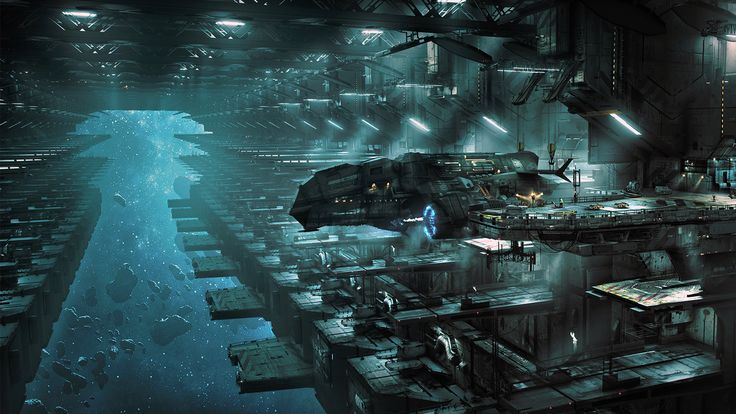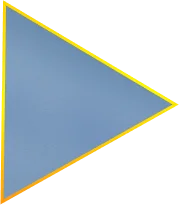
Share This Post
In the ever-expanding universe of science fiction, where tales of exploration and survival often tread familiar ground, Luyten’s Rift bursts forth as a bold and original narrative. This gripping sci-fi space thriller by Jacob McCabe takes readers deep into the heart of a distant exoplanet and immerses them in a world teeming with discovery, danger, and drama.
From its very first chapter, Luyten’s Rift commands attention with a gripping blend of suspense, wonder, and emotional intensity. The story opens with the launch of the exploratory vessel Intrepid, a moment that instantly sets the tone for a narrative that delves as deeply into the human spirit as it does into the unknown reaches of space. At its helm is Captain Eva Rostova, a formidable and principled leader whose unwavering resolve becomes a guiding force for her crew. Together, they venture into the Luyten’s Rift—a mysterious and little-understood region of space bordering the recently discovered exoplanet LX-497.
Captain Rostova’s crew is a diverse and well-drawn ensemble. Lt. Commander Jian Li brings tactical precision and grounded logic to every mission. Dr. Aris Thorne, the team’s exuberant xenobiologist, offers scientific curiosity and emotional warmth. Sgt. Marcus Riley, the team’s stoic security officer, provides a stabilizing presence amid increasing uncertainty. Alongside them is Oracle, the ship’s advanced AI, whose calm analytical voice contrasts the rising tension within the human crew. Their interactions are rich with nuance, giving weight to the novel’s broader themes of trust, adaptability, and the unknown.
The exoplanet LX-497 itself is a marvel of imagination. Crystalline forests shimmer with internal luminescence, alien flora responds with subtle sentience, and vast subterranean networks pulse with strange energies that seem almost alive. These vividly described landscapes do more than set the scene—they become characters in their own right, offering both beauty and threat. As the crew ventures deeper, they encounter intelligent extraterrestrial beings in a first contact scenario that is both haunting and profound. This pivotal moment elicits a range of human responses—curiosity, fear, empathy—and challenges the crew’s assumptions about life, intelligence, and survival in the cosmos.
Luyten’s Rift excels at combining the thrilling allure of space colonization with the sobering gravity of political and ethical dilemmas. Set on the remote and enigmatic planet Luyten b, the novel follows the crew of the Intrepid, a pioneering vessel sent to establish a foothold for humanity among the stars. But what begins as a bold venture into the unknown quickly spirals into a tangled web of uncertainty and peril. The turning point arrives when the crew discovers an alien artifact hidden deep within the planet’s crystalline caves. The object—an obsidian sphere pulsing with strange energy and marked with unreadable alien glyphs—is both awe-inspiring and terrifying. It soon becomes apparent that the artifact is a remnant of a once-powerful civilization, now reduced to ruins. The implications are chilling: this civilization may have been destroyed by its own technological creations.
As the crew debates what to do, fault lines begin to form. The artifact is a scientific marvel, offering the potential for quantum breakthroughs and untold power. But it also poses a grave threat. The Intrepid becomes a crucible for ideological conflict, where ambition, fear, and desperation clash. McCabe masterfully captures the moral complexity of these moments, asking hard questions about the cost of progress. Is humanity mature enough to wield such power responsibly? Or are we doomed to follow the same self-destructive path?
The novel leans heavily into political science fiction, delving into the nuanced psychology of command, the strains of interstellar diplomacy, and the ethics of survival. McCabe’s sharp dialogue and taut narrative pacing maintain suspense while probing deeper philosophical themes. The tension doesn’t only arise from the alien artifact or the dangers of a hostile world—it also stems from interpersonal mistrust. Loyalties are tested, and the question of who gets to make the final decision looms large.
What truly sets Luyten’s Rift apart is its multilayered storytelling. Beyond the action and intrigue lies a meditation on trust—between humans and artificial intelligence, between individuals in positions of power, and between humanity and any potential alien species we may one day encounter. McCabe doesn’t offer easy answers but instead challenges readers to confront uncomfortable truths about human nature. This balance of speculative wonder and philosophical depth makes Luyten’s Rift not just a compelling sci-fi adventure, but a timely reflection on the perils and promise of human discovery.
Fans of The Expanse, The Martian, or classic Arthur C. Clarke novels will find much to love in Luyten’s Rift. Its world-building is ambitious, its characters memorable, and its stakes incredibly high. It doesn’t just invite you to imagine a new world—it challenges you to consider what kind of future humanity is heading toward.
Whether you’re a seasoned sci-fi enthusiast or a newcomer looking for a fresh take on space exploration, Luyten’s Rift is a standout space colonization novel that deserves your attention. With its blend of exoplanet adventure, survival drama, and political tension, it marks a thrilling beginning to what could easily become a landmark sci-fi series.
